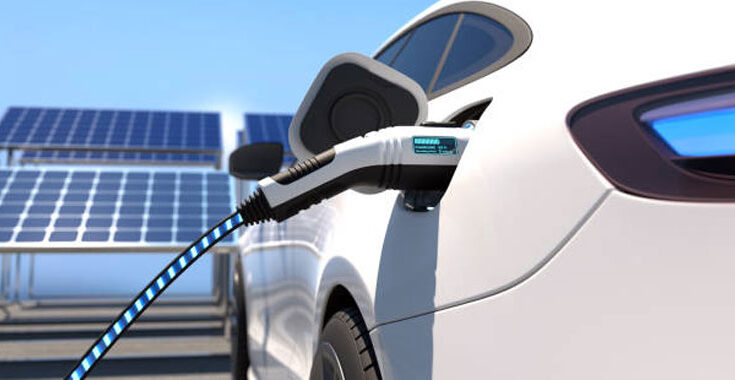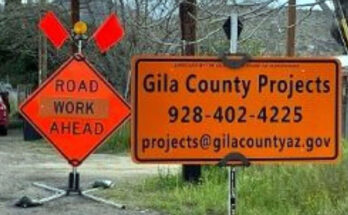The San Carlos Apache Reservation will receive $500,000 to install four EV chargers on the reservation and one in Safford.
Mesa to receive nearly $12 million/Cochise County to get $500K
Contributed Article
SAN CARLOS – More than $12.8 million in grants have been awarded from the Bipartisan Infrastructure Law to increase Arizona’s electric vehicle charging network.
Locally, the San Carlos Apache Tribal Council will receive $500,000 to install four EV charging station sites within the San Carlos Apache Reservation as well as one additional charging station in Safford.
“Building more electric vehicle charging stations is key to fueling our booming clean energy economy, said Senator Mark Kelly, one of the senators who shaped the legislation. Thanks to investments from our Bipartisan Infrastructure Law, Arizona is accelerating EV charger deployments — creating good paying jobs and enabling cleaner travel.”
Cochise County will receive $500,000 as well to add six solar-powered Level-2 EV chargers in Sierra Vista, Bisbee, and Willcox. The stations will be located near major highways or public transport stops.
The city of Mesa will receive nearly $12 million to increase access to electric vehicle charging and support multi-modal electrification.
The project will install 48 electric vehicle charging ports, charging docks for e-bikes and e-scooters, and solar canopies to support electric generation at the stations.
“I’m incredibly proud to deliver more than $12.8 million to strengthen Arizona’s electric vehicle charging network through my bipartisan infrastructure law — taking another step towards a cleaner, healthier, and safer Arizona,” said Senator Kyrsten Sinema, co-author and lead negotiator of the bipartisan infrastructure law.
The Bipartisan Infrastructure Law makes the largest investment in clean energy transmission and electric vehicle infrastructure in U.S. history, electrifying thousands of school and transit buses across the country, bolstering critical materials supply chains, improving energy efficiency, and building out a national network of electric vehicle charging infrastructure.
Sinema led bipartisan Senate negotiations with Republican Senator Rob Portman of Ohio that included Kelly and senators from both parties.
The Bipartisan Infrastructure Law was supported by groups including The U.S. Chamber of Commerce, Business Roundtable, The National Association of Manufacturers, The AFL-CIO, The National Retail Federation, The Bipartisan Policy Center, North America’s Building Trades Unions, the Outdoor Industry Association, The American Hotel and Lodging Association, The National Education Association, as well as hundreds of mayors across all 50 states.






